Being a student in 2025 isn’t exactly a walk in the park. Sure, we’ve got technology to help, but sometimes it feels like that technology just gives us more stuff to manage. Between online lectures that freeze right when the professor says something important, assignments piling up faster than you can blink, and the constant pressure to “stay productive,” it’s a lot.
5 Best Tools Description
Here’s the good news: you don’t need to spend a fortune to get organised or work smarter. There are free tools out there that are so good, you almost feel guilty not paying for them. These aren’t those half-baked “free trial” apps that stop working after seven days — these are tools that stick around, that you can depend on semester after semester.
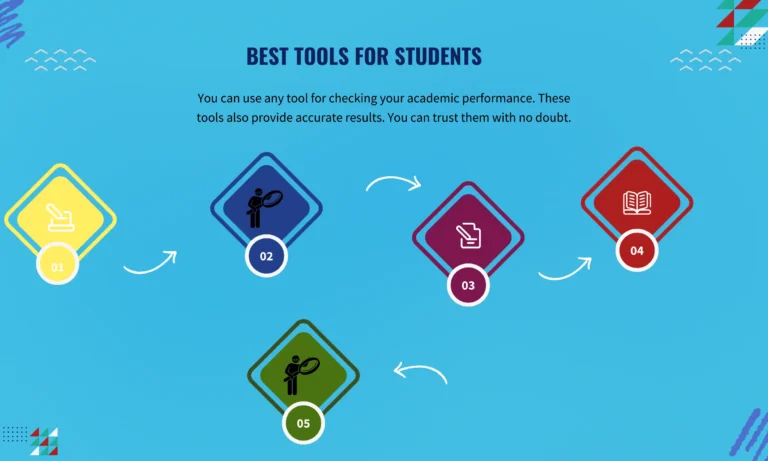
I’ve been using (and in some cases, relying on) these for a while now, and honestly, they’ve saved my grades more times than I can count. So, instead of gatekeeping, I’m putting my favourite ones here for you.
1. Marks to Percentage Calculator
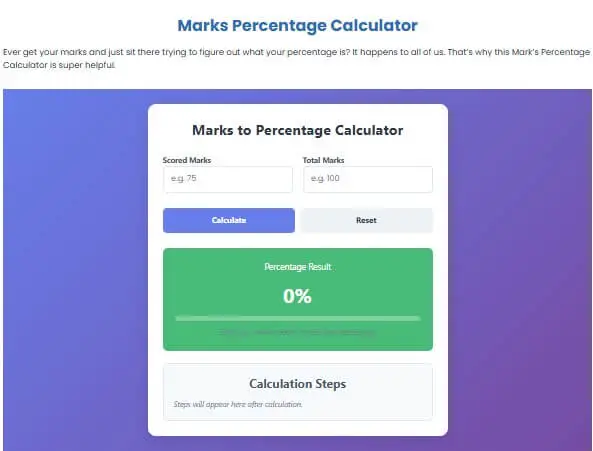
You can see in the image. Your results will appear right here. Your marks are sitting there, staring back at you, but your brain? It’s completely fried from a week of all-nighters. You could calculate your percentage manually… but if you’re like me, you’ll either do the math wrong or double-check it three times because you don’t trust yourself.
That’s where the Marks to Percentage Calculator comes in. You just type in the marks you got and the total marks, click a button, and boom — there’s your percentage. It’s fast, it’s accurate, and it saves you from that “wait… is it divided by total or multiplied by 100 first?” moment.
Why I keep going back to it:
- No thinking required (which is perfect when you’re mentally running on instant noodles and coffee)
- Instant results, no waiting
- Completely accurate every time — not “I think this is right,” but right
I remember one time I was trying to check my result before sending it to a scholarship application. I used my phone calculator and got 78%. Then I used the online calculator… and it was 83%. Turns out I’d just punched the wrong number on my phone. Imagine if I’d sent the wrong percentage? Not worth the risk.
2. Essay Rewriter
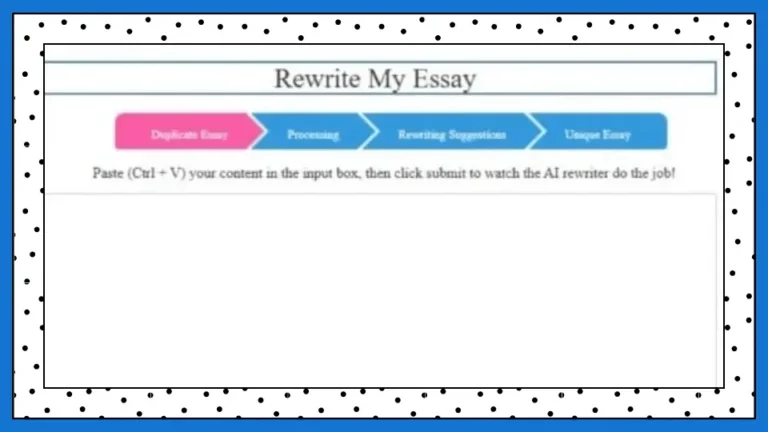
We’ve all been there — you write an essay, re-read it, and realise half of it sounds like you swallowed a textbook. It’s either too formal, too repetitive, or just… meh. You know your points are solid, but the way they’re written? It could be better. That’s when the Essay Rewriter is a lifesaver.
Importance:
- Makes your writing flow better without turning it into a robot-sounding mess
- Cleans up repetitive phrases (we’re all guilty of them)
- Helps if English isn’t your first language and you just want it to sound natural
One night before a big submission, I was sitting with a 2,000-word research paper that just… felt boring. I used the rewriter, and suddenly it sounded cleaner, more confident, and way less like I was half-asleep when I wrote it. My professor even commented that it was “engaging,” which was a first.
3. Notion
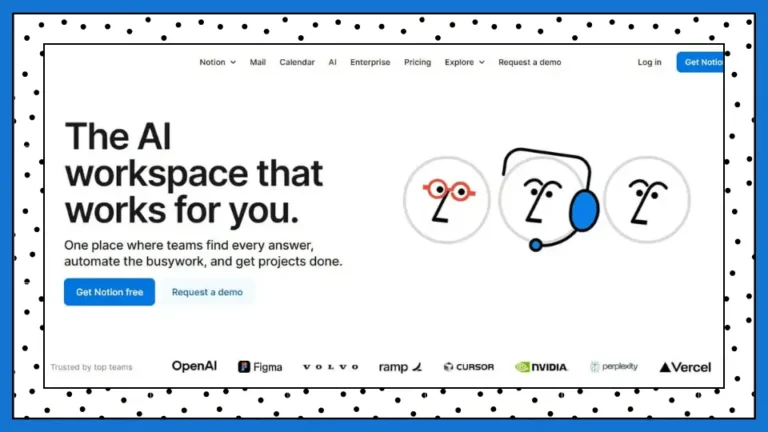
Okay, let me just say this: Notion is the reason my brain hasn’t melted from trying to keep track of everything. If you’ve got sticky notes on your wall, random Word docs on your desktop, and reminders on your phone that don’t even make sense anymore (“Check thing for Tuesday??”), you need Notion.
It’s an all-in-one workspace. You can store your lecture notes, track deadlines, plan projects, and keep reading lists — all in one neat, searchable place. And because it works across devices, you can type something on your laptop and check it later on your phone without emailing it to yourself like it’s 2009.
Why students swear by it:
- Everything’s in one spot (goodbye, 50-tab browser chaos)
- You can customise it to your style — minimal, colourful, or organised chaos
- Great for solo work and group projects
Last semester, my group used Notion for our final project. Instead of messaging each other at 2 a.m. like “Wait, who’s doing section three?” we just updated the shared page, and everyone knew what was done and what wasn’t. Zero drama. Well, almost zero.
4. Grammarly
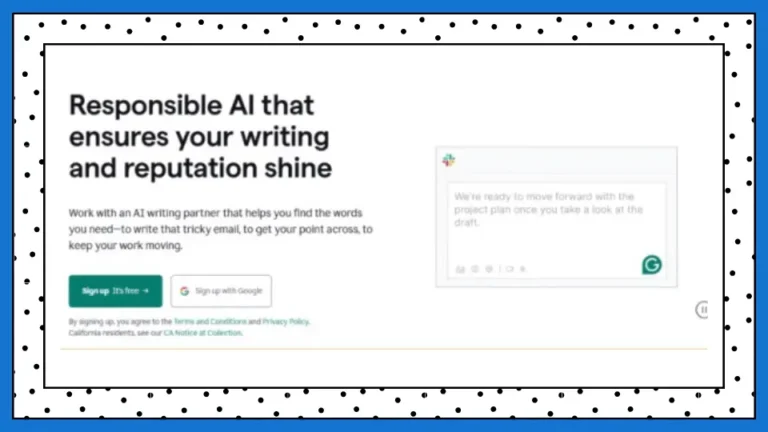
The best part? The free version is more than enough for essays, assignments, emails, and even your CV.
Why I keep it running in the background:
- Instant feedback while you type
- Works in Google Docs, Word, and even in your browser for forms and emails
- Helps you get better over time — you start catching your own mistakes
I once made a mistake. Like skipping an alphabet from a complete word. I miss an alphabet, and it doesn’t make sense properly. The reader then has to guess it by themselves. Grammarly caught it. I will forever be grateful.
5. Zotero
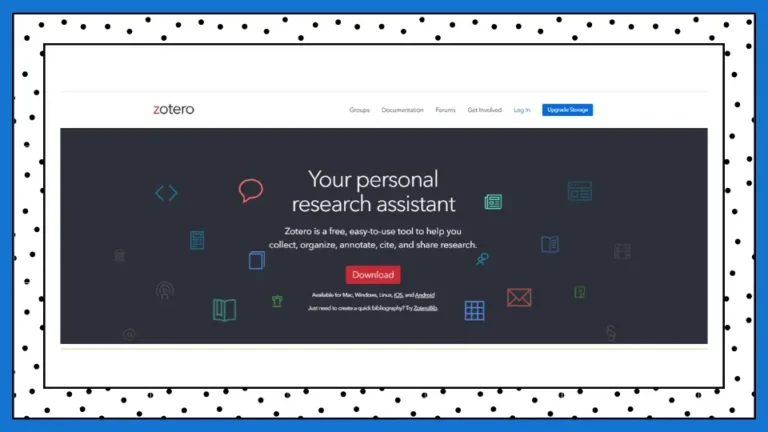
If you’ve ever written a research paper, you know the real nightmare isn’t the paper itself — it’s the citations. APA, MLA, Chicago… they all have their own rules, and somehow they all expect you to remember whether a comma goes here or there.
Enter Zotero. It’s a free reference manager that stores your sources and automatically formats them into citations.
Turning Point:
- Handles all major citation styles
- Keeps your research neat and searchable
- 100% free, no hidden paywalls
For your assignments and presentations, this tool can save you by providing perfect formatting references.I can’t imagine doing it manually again.
Bonus Tool: Jotform AI Quiz Generator
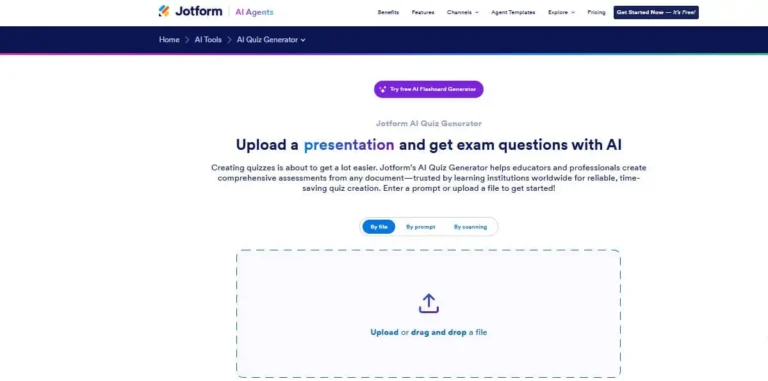
Okay, this one’s just fun. If you like testing yourself before exams, the Jotform AI Quiz Generator takes your notes and turns them into quizzes instantly. You paste in your material, choose how many questions you want, and it’s ready.
You can test yourself through quizzes. This can help you prepare well for your exams. You can test your preparation as well.
Why it’s worth adding to your list:
- Super quick quiz creation
- Let’s you control the difficulty and question type
- No sign-up required for basic use
Final Thoughts
You can try all these tools and add them to your favourites. But the right free tools can make that balance way easier to manage. You don’t have to use all of these at once. You need to make your necessary kit and use it at the time of need. This will save you from wasting a lot of time.
